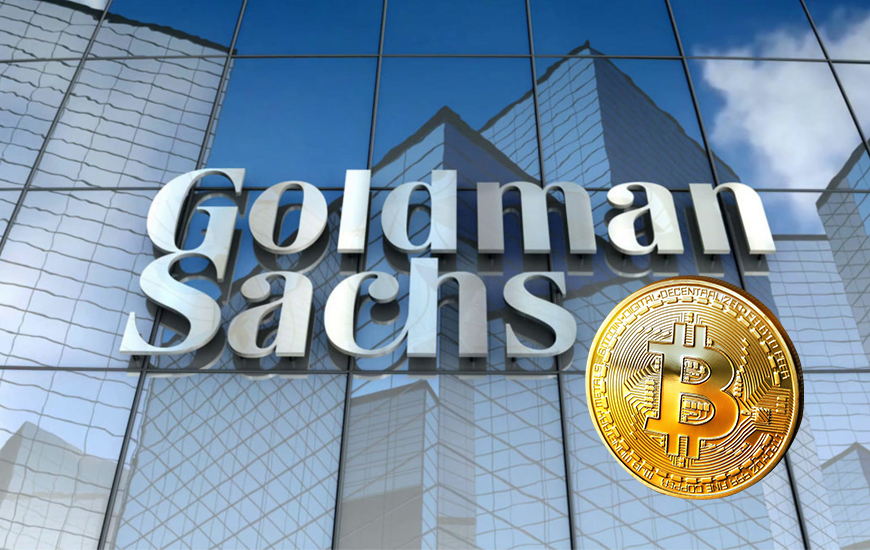- A new asset class in the investment world has incentivised investors allocate funds to a different category for better returns
- Bitcoin has been volatile in the last week where it shed 50% value from its April high
- Speculative trading and lack of a central authority do not go in hand with its rise in global acceptance
Digital currency has changed the way individuals or organizations look at finance nowadays. It is a complex structure of nodes and an efficient blockchain network that works in tandem to keep minting new currency. It is safer as compared to fiat currency and is decentralised from top to bottom. Transactions take place instantaneously and under a pseudonym address that is not disclosed to protect the identity of the holder. However, Bitcoin is highly volatile and instances of illicit activities have increased the urge to regulate it.
According to Mathew McDermott, Goldman’s global head of digital assets, the choice to now consider bitcoin a new investable asset class is largely due to the currency’s own “idiosyncratic risk, partly because it’s still relatively new and going through an adoption phase.
Secondly it doesn’t behave as one would intuitively expect relative to other assets given the analogy to digital gold; to date, it’s tended to be more aligned with risk-on assets.
Benefits of digital currency are numerous and continuously evolving
Digital currencies like Bitcoin, Ethereum and Dogecoin have increased the rate of international payments taking place across the globe. Transaction fees are low and prevent fraudulent activities to a certain degree. Fundamental record-keeping enables tracking of digital money throughout the network. Bitcoin is one of the world’s most famous cryptocurrency whose supply is restricted to 21 million. People have gladly accepted it on a huge scale especially in backward African countries like Nigeria and South Africa.
Considerable drawbacks and regulations across the world
Although digital currencies are regarded as a separate asset class, they are highly volatile and completely unregulated. It gives a rise to illicit activities and funding of terrorist activities. There are potential security threats that are yet to be addressed for a worldwide adoption. Additionally, the risk/reward system is quite volatile and does not favour retail investors much. It is difficult to gauge the future trajectory of prices and responses that are going to be in favour of investors.
Regulations are a dire need in the crypto space as illicit activities are on the rise. Countries like China, Uganda, New York and Uganda plan to implement policies that will protect investor rights. The identity is unknown but an address from the holder’s side is visible that helps smooth tracking of the origin of the transaction. Norms and policies will not disregard it as an asset class but will reduce the pace of growth and its evolution.

Andrew is a blockchain developer who developed his interest in cryptocurrencies while pursuing his post-graduation major in blockchain development. He is a keen observer of details and shares his passion for writing, along with coding. His backend knowledge about blockchain helps him give a unique perspective to his writing skills, and a reliable craft at explaining the concepts such as blockchain programming, languages and token minting. He also frequently shares technical details and performance indicators of ICOs and IDOs.


 Home
Home News
News










